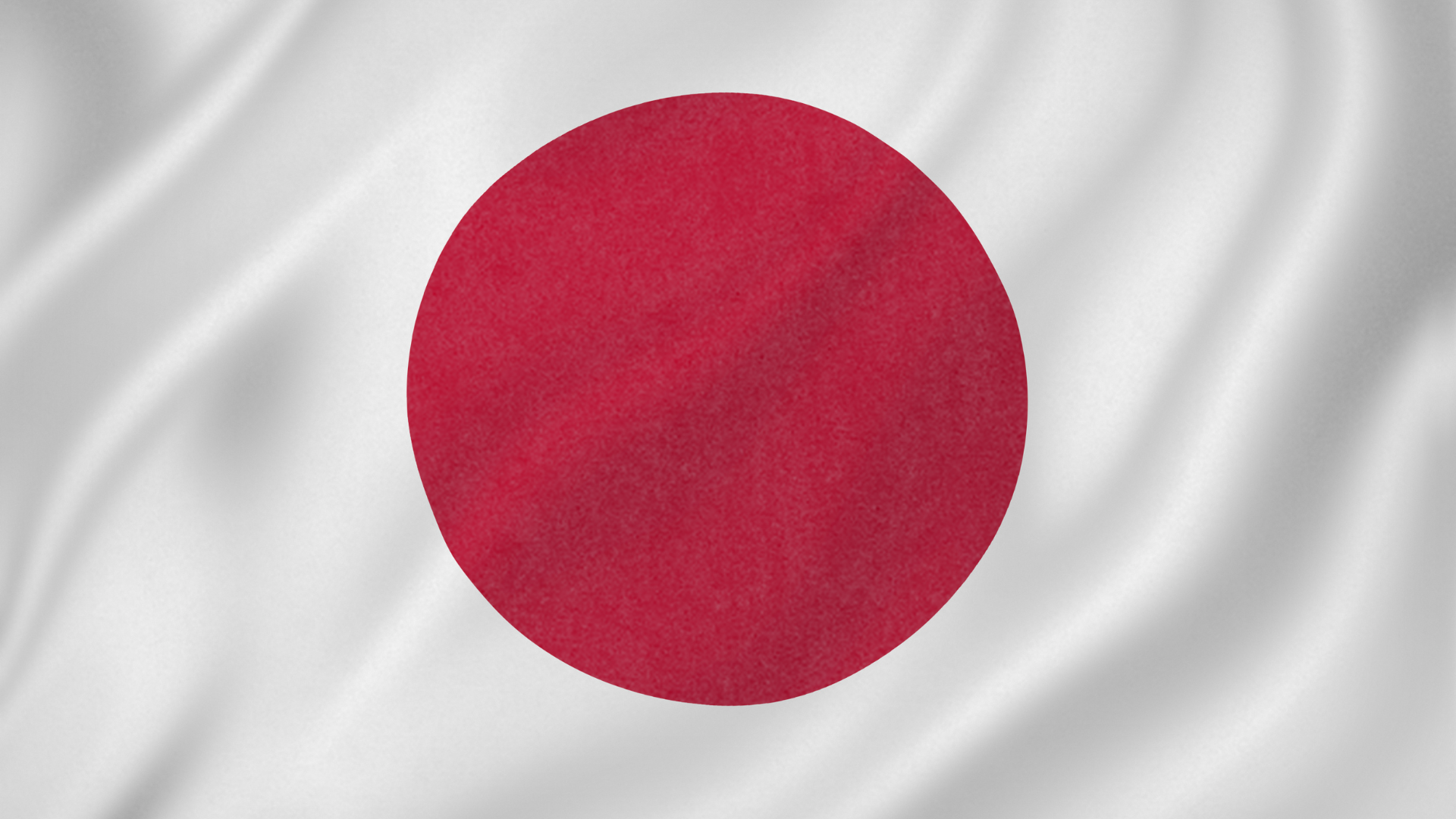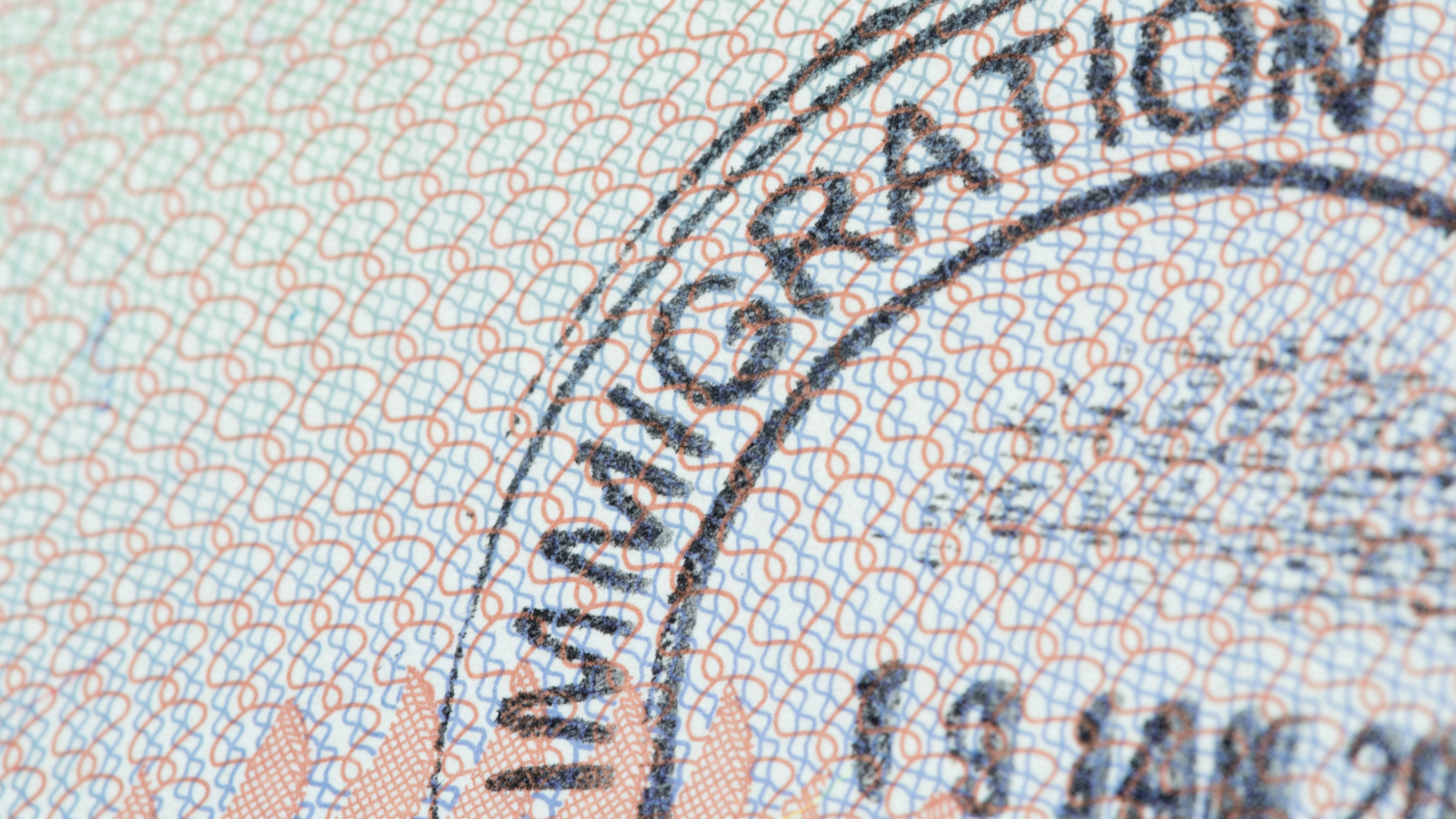
The Center for Intelligence and National Security Studies (CINSS) of the Philippine Institute for Peace, Violence and Terrorism Research (PIPVTR), in cooperation with the Center for Political and Democratic Reforms, Inc. (CPDRI), initiated a discussion entitled “Philippines-China Security Relations and the South China Sea Disputes–Current Situation and Future Direction” at the Asian Institute of Tourism (AIT) of the University of the Philippines last Thursday, June 6. The event was meant to commemorate the start of diplomatic relations between the Philippines and China 38 years ago on June 9, 1975.
Initially, the CINSS/PIPVTR think-tank planned to present its recent findings on the security relations between the countries in light of prevailing South China Sea disputes, offering these up for focus group discussion. But, with interest in the discussion having swelled beyond expectations, the event was re-formatted into a public forum and its organizer’s ranks were bolstered by the more active involvement of the AIT and of the Philippine Association for Chinese Studies (PACS).
In the welcoming and closing remarks of AIT Dean Dr. Miguela Mena and PACS President Teresita Ang See, respectively, the involvement of these institutions was put in the context of South China Sea disputes having had direct and rippling effects on the country’s tourism and other major trades, with the disputes being influenced not only by nations’ agendas but also by how these are perceived through peoples’ cultures.
Instead of CINSS/PIPVTR giving the situational brief as first planned, the task of reviewing the current situation and possible future directions in South China Sea disputes was divided between Prof. Rommel Banlaoi, Chairman of PIPVTR and Vice President of PACS, for the Philippine perspective and Dr. Ju Hailong, Professor of International Relations at Jinan University and Executive Director of the China research centre for South China Sea issues, for the Chinese.
Among the forum attendees were Dr. Wilfrido Villacorta, former ambassador and now the permanent representative of the Philippines to the ASEAN; Stephen Cutler, Country Chairman of the US Overseas Security Advisory Council; consular secretaries of the embassies of Japan and Vietnam; officers of the Philippine Navy, Coast Guard, and Bureau of Fisheries and Aquatic Resources (BFAR); analysts from the AIT and the Department of Foreign Affairs (DFA); correspondents of Voice of America on radio, the Reuters news service, La Guardia, and GMA news network; and Princess Jacel Kiram, descendant of Sulu Sultan Paduka Batara who went on a tributary mission to China during the reign of Emperor Yung Lo in 1417.





